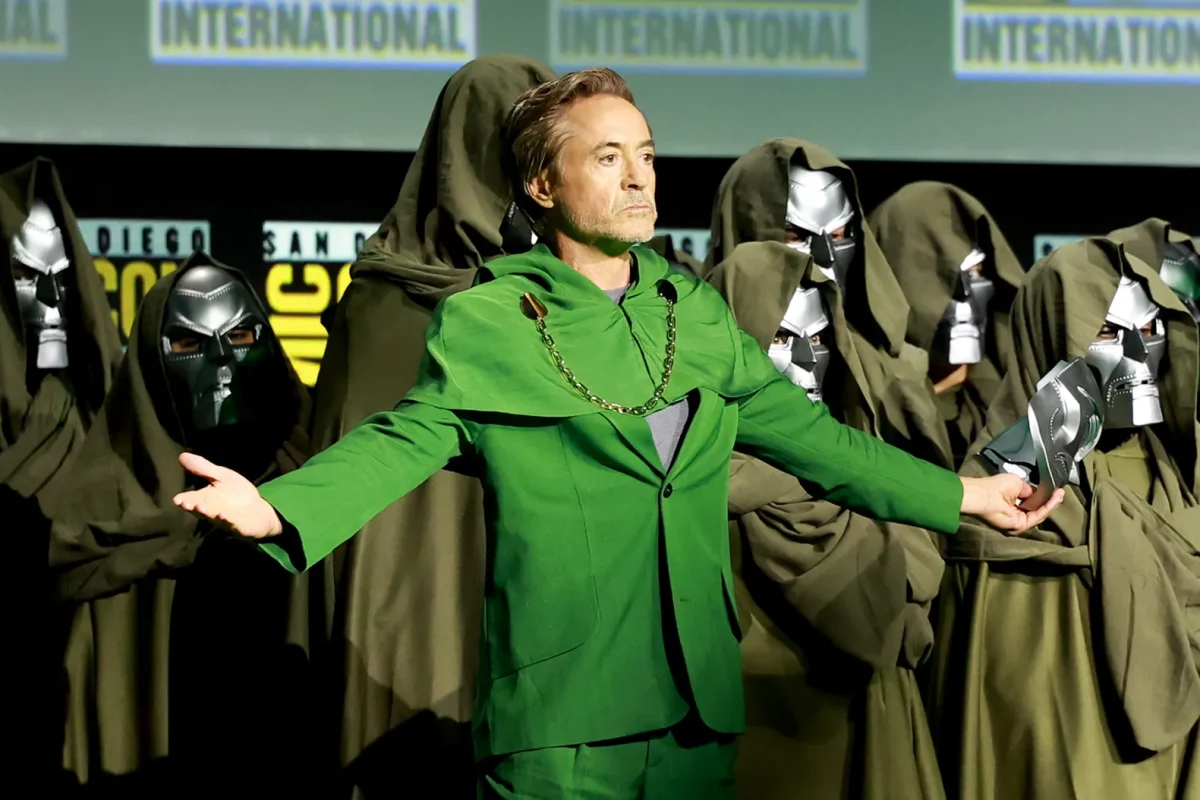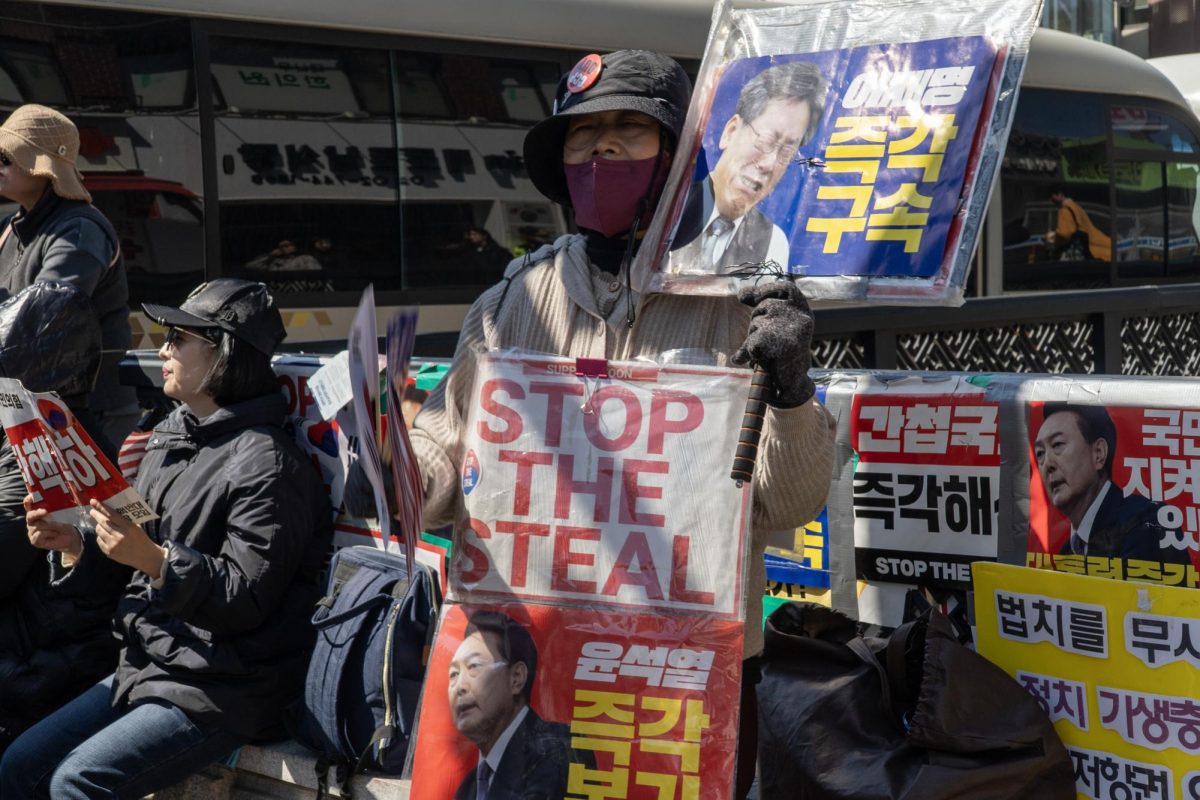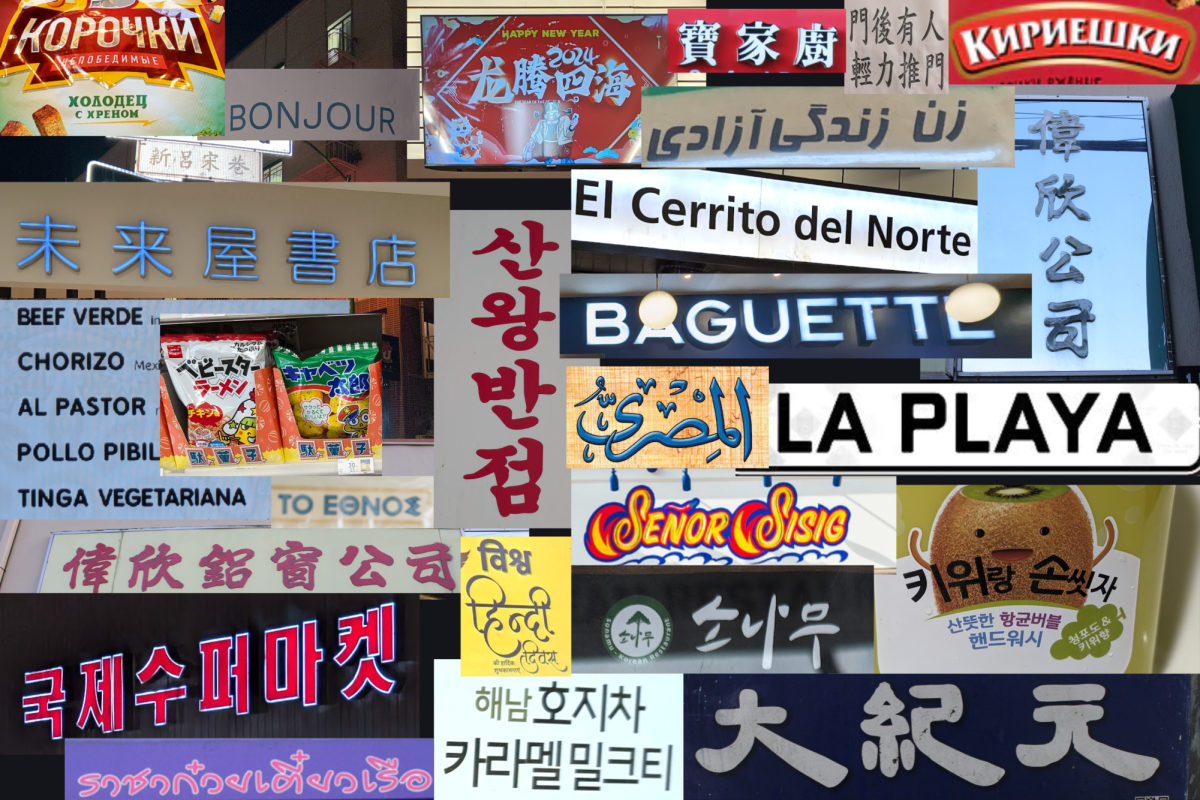In the last few years our country has slid further into a state of distress, where some of the most devastating violence is being carried out by civilians and war is being waged by government entities.
The country feared Christopher Dorner, mourned the death of Boston Marathon runners, prayed for Sandy Hook families, witnessed The Dark Knight come alive in Colorado, wept in solidarity with Virginia Tech, bled with the victims of Fort Hood and stood in shock as LAX became a morgue. We watched 13 fall in the naval yard of our nation’s capitol only weeks before a man indulged in self immolation at the National Mall. Just last week, the people of Maryland witnessed a mall shooting that resulted in the death of two young employees.
In all of these incidences, motives ranged from radical Jihadism to mental illness, gun control and political oppression. Whatever motive has been linked to the breaking point of any of the assailants, make no mistake: this type of chaos is bred from the womb of inequality and given sustenance from the breast of oppression.
The U.S. government has proposed cures that center around increased militarization of police, while simultaneously demilitarizing civilians. This will not solve the underlying problems that breed circumstances like acts of terror or mass shootings. These problems stem from the diminishing social justice that signals the failing of society and the inevitable fall of a regime.
In the last five years alone, the world has witnessed a vast increase in social unrest that is most notable in the Middle East and North Africa, but reaches all corners of the globe. Interestingly, each country that has seen a spike in social upheaval have all loosely followed a similar pattern.
A dwindling economy stoked the fire; it gave the population a reason to angrily take to the streets. This was most prevalent in Egypt, where the protests resulted in violent backlash from the government and further suppression of individual rights. Excessive force led to a larger protest reaction from the population. The same process took place in Libya, where protests quickly escalated into full scale violence against civilians. In Syria, it turned into a full scale civil war that is still raging today.
While some of these countries engaged in civil war, others decided to violently end the uprisings through murder, curfew and imprisonment, such as in Bahrain. Other governments evaded critical spotlight long enough for the population to lose interest and eventually they successfully diverted the public eye somewhere else. This is what happened in the United States after the Occupy Movement.
No song of praise should ever be sang for those assailants who set an agenda of anger against their fellow man, but the problem will only continue if authorities continue to look in the wrong spots. Governments should seek to increase positive social institution in times of unrest. For example, many of the recent mass shootings have been said to be tied to mental illness.
If the correct institutions were in place and easily available to all of the assailants in the last five years, it is unlikely the same string of mass shootings would have occurred. Additionally, most guns used in violent crimes are illegally obtained, according to the U.S. Department of Justice. This means that despite President Barack Obama’s push for a tighter firearm policy, stricter laws would only take firearms away from people who obtain them legally, resulting in a direct insult to our Second Amendment right. A greater restriction of rights would only launch the country back into the inevitably violent cycle that has brought end to regimes world wide in the last few years.










